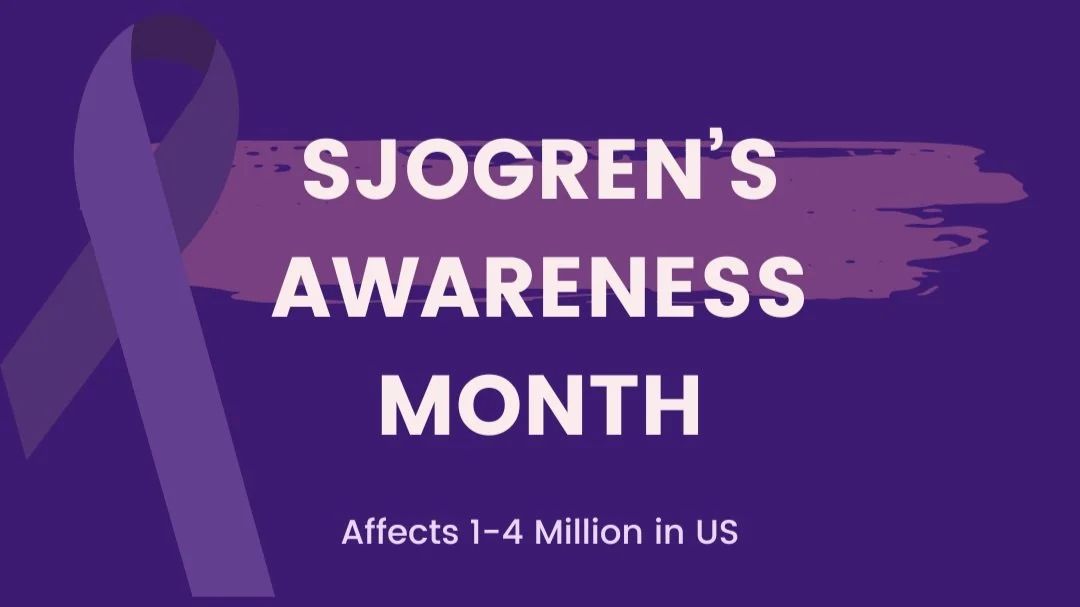Fibromyalgia
Evidence: Unconfirmed
Names
Fibromyalgia
Fibromyalgia Syndrome
Description
Fibromyalgia is a disorder that is characterized by chronic pain and fatigue. The cause of fibromyalgia is unknown. Fibromyalgia may be accompanied by headaches, migraines, digestive problems, sensitivity to light or noise, sleep disturbances, temporomandibular joint (TMJ) dysfunction, anxiety, and depression. While fibromyalgia is mainly characterized by widespread chronic pain it does not mean that everyone who has chronic pain has fibromyalgia. There is no biomarker for fibromyalgia however lab tests or x-rays can help rule out other conditions.
Fibromyalgia follows a pattern seen in many suspected (and in some cases, later confirmed) autoimmune diseases - it mostly affects women, is marked by flares, and has no other known cause.
A study of mice recently reported the transference of fibromyalgia symptoms to mice using antibodies, which increases the probability that the disease is autoimmune. If this research is validated (reproduced) it could establish fibromyalgia as an autoimmune disease.
Prevalence
US Cases: 4,544,000 - 6,624,000 [Walitt 2015]. However, “73% of identified cases self-reported a physician’s diagnosis other than fibromyalgia.”
Typical Age of onset
35-45
Symptoms
Chronic widespread pain
Stiffness
Tenderness of the muscles, tendons, or joints
“Tender points” that are painful in response to touch
Fatigue
Sleep problems (waking up unrefreshed)
Cognitive difficulties (problems with memory or thinking clearly, sometimes called “fibro fog”)
References
Famous People
Profile by Lisa Hinckley
Updated Dec. 2022












